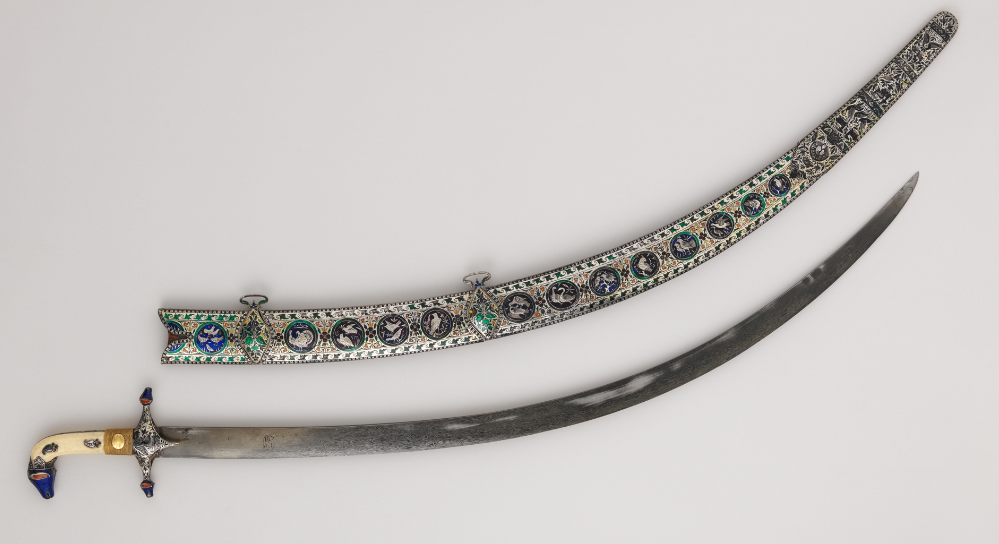Today, I came across several posts condemning a case of police brutality in Tamil Nadu. It is indeed a most unfortunate incident, and the outrage against it is fully justified. What surprised me, however, is that some of my friends who are outraged by this incident are also supporters of the Armed Forces Special Powers Act (AFSPA) or other similar laws that give the military sweeping powers in some areas.
It made me wonder why they seem to think that a member of the Indian Army is not capable of an act of brutality that a member of TN Police is?
Power corrupts, and also attracts the corrupt.
If any organization – be it the army, police, student/trade unions, political parties, crime syndicates, or even highschool gangs – has power without accountability, it will attract those who seek power. Those who seek power are also the ones who use it freely. Over time, the organization will be filled with such people making it difficult for those who come with a good intention to fit in, turning the organization even more evil and unattractive for the good candidates.

To understand this, think of a hypothetical country where the army reigns supreme. A well-meaning officer joins the army and is deployed to fight insurgency in a specific province. Let’s say he is serving under a ruthless commander, but not willing to hurt an innocent on his orders. His only recourse would be the law of the land that should ideally hold the army answerable for their actions. But given the Army’s absolute power and immunity, the commander’s actions will go unquestioned (not to say unpunished) and this young officer will either have to serve his superior’s will or quit.
Now let’s come back to our own subcontinent. What was originally a single organization at the time of independence resulted in what we know as the armies of India and Pakistan. If we believe that the Indian army today is not capable of the cruelties that were committed by the organization under British, or the cruelties that may still be committed by the Pakistani army (which then evolved in a different path), we also have to ask ourselves the question as to what it is that made Indian Army different.
In my opinion, it is the effective oversight of a strong democratic government that has refused to give the military absolute power and immunity from the law of the land. Of course, there are many other factors that made it possible for the civilian Government to retain control and prevent a military coup. But the deeper this culture sets in, the more it helps in preventing a coup in the future. On the other hand, in Pakistan, the military was involved in politics from the very early days. Civilian governments that started by using the army to retain their power unconstitutionally eventually became puppets controlled by the military that had got a taste of power. When the Army is thus viewed as having unquestioned authority, the ones attracted to join it will also be those who dream of wielding that authority, which will make them more likely to support an attempt to overthrow the elected government, thus perpetuating that culture.
So if we love the Indian Army, and want it to always be the force of good as it is today, what we must do is to ensure that it continues to act in accordance with its high standards of which we’re proud. For this, they have to be answerable to the elected government and the law of the land. Not answerable as just any other citizen of India, but to a much larger extent since they serve in a position of greater trust and have a higher standard to uphold.
This accountability should be enforced, not just for a major crime committed by those in uniform, but for even the smallest misdemeanors. If a policeman “disciplines” a young man riding without a helmet by making him write “I will not ride without a helmet” a thousand times or punishes those not wearing masks in public (during the epidemic) by making them do 20 squats, it might seem a harmless and (in some cases, even) a humane thing to do. But it will gradually make him enjoy the power he holds over the lives of others, and lead him down a path to tyranny and ruthlessness.
The police have no power to decide how a person should be punished, and this rule has to be absolute. If at any point they have the audacity to think otherwise, they should be given an exemplary punishment as per the law of the land formulated by elected representatives. When in doubt, the onus should be on those in uniform to prove their innocence. Under such circumstances, we will start seeing CCTV cameras in police stations, police vehicles, and even carried by policemen on duty leading to a lesser opportunity for abuse of power.
True that this will make it difficult for the military or law enforcement to operate, reduce their efficiency, and may even lead to loss of life in some cases. But the ones who still dream of joining the army or police in spite of this risk (and challenge) will be those who are truly motivated to defend the nation or uphold justice. This is the only way we can help the righteous members of these organizations continue to do the good work they’ve been doing, and preserve the purity and soul of these institutions that make them different from the ruthless and tyrannical forces that we look down upon.
Related reading: